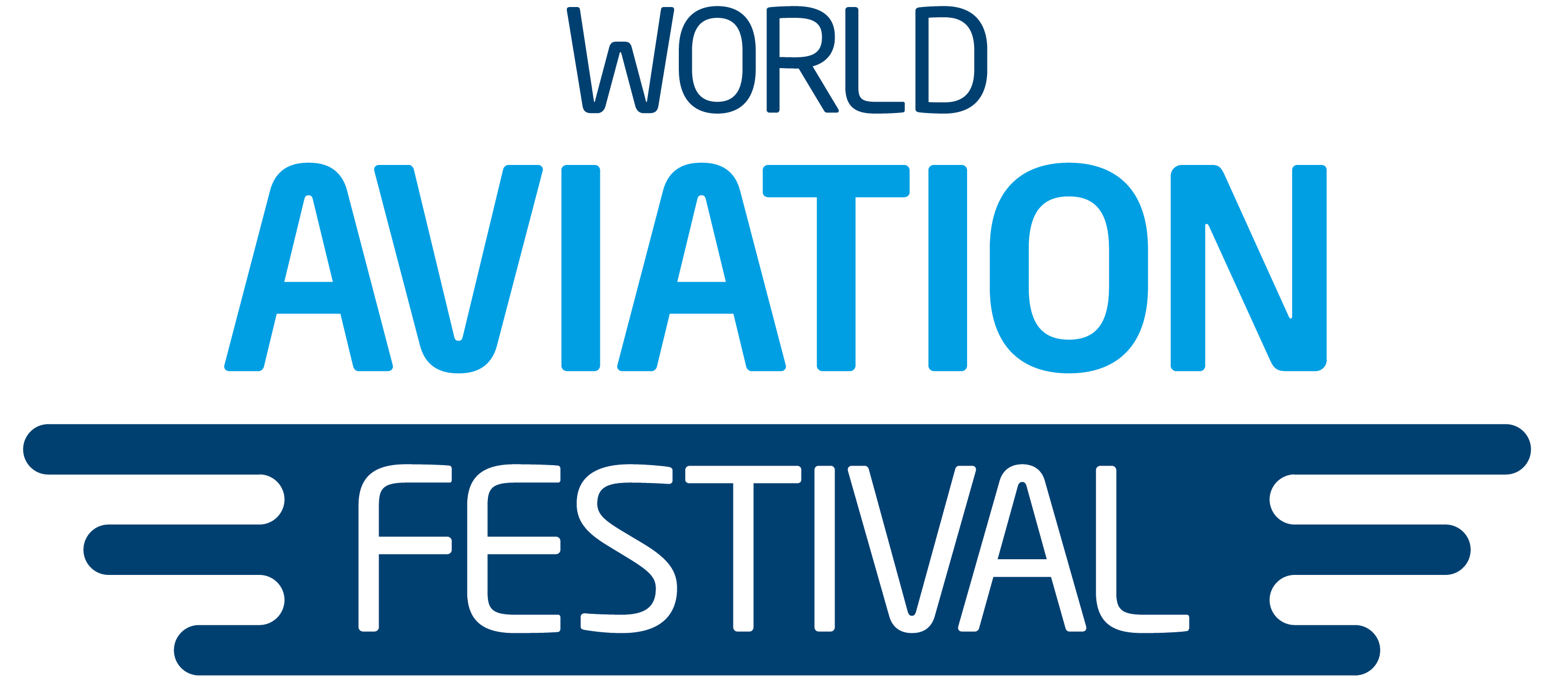During the Aviation Festival in London, an expert panel of airlines and payment services providers discussed some of the challenges of retailing and payments during the COVID pandemic. They shared their views on payment strategies to encourage more people to fly while keeping up with the industry’s financial challenges.
The experts tackled how airlines can keep up with the power shift towards customers and offer more flexibility to give consumers that “Uber experience.” In the process, they provided an overview of the current marketplace opportunities and some predictions on trends that will take hold in payments over the coming years.
“Now we’re looking forward to shaping a new way of interacting with customers at different touchpoints”
Thomas Lindner, Senior Director IT Distribution, Payment and Order Management, Lufthansa, said of adapting to new technology trends: “With the time to reassess what change of behaviour the customer will see, and demand from us, and especially as an airline supported by state aid, we had to make up our mind so we’ll be able to repay those billions in loans. Therefore, we came up with more creative ways to offer services to the customer. On the overall industry side, we had issues in acquirers having risk-aversion to that exposure with the airlines. We had a multi-acquirer strategy to juggle that, but that, of course, was a shift in the styles as well. Now we’re looking forward to shaping a new way of interacting with customers at different touchpoints.”
Frank Gubba, Product Manager Loyalty and Payments, Icelandair, agreed with Lindner on the challenges of keeping up payments during COVID. “The problem was suddenly that refunds were higher than transactions. You went out also to have good discussions with our acquirers, looking into things and how can we bring this to a turn-around. We had a financial restructuring, then, in the latter part of 2019. And we were getting everything involved in negotiations with all the key stakeholders. What helped us was to look more strongly into the reporting to understand the new normal for airline travel. It helped to be upfront and very transparent with our partners. For us, the risk mitigation part moving forward is very critical—having various providers in place and the recalibration of our mix for forms of payments. Not be so much dependent on credit and debit cards. Looking ahead, for us, to ensure like a frictionless journey, being close to the customer.”
“I will tell you—buy now, pay later, or whatever name you want to give that flexibility option was nowhere on our radar two years ago.”
Keith Wallis, Senior Director Distribution and Payments, Air Canada, suggested that many solutions were already in the marketplace though airlines were slow to adapt. “I would say the pandemic just massively accelerated everything. As being in charge of payments in Canada, I will tell you—buy now, pay later, or whatever name you want to give that flexibility option was nowhere on our radar two years ago. And it is rapidly becoming the thing that our customers are very excited about. For something like travel, which is aspirational, inspirational, and typically has a larger than average cart size, I can’t believe that buy now, pay later options weren’t already in our industry. But some vendors approach us with solutions that I don’t believe had travel on their radar two years ago.” Wallis pointed out that consumers have built a habit of online purchasing during the pandemic and have new expectations of what merchants need to offer. “I think as an industry, we need to do better. If you didn’t have one of the three major cards, you weren’t doing business with us five years ago. I’m proud to say that’s not the case now, but our customers expect even more than that. Geographically, it’s different. By customer segment, it’s different. People want flexibility and choice in a frictionless experience. We need to do much better than we’ve done historically.”
Michiel Kossen, Partnerships and Business Development in Airline, Travel & Hospitality at Adyen, said the company had helped airlines manage those high refund balances caused by the lockdown. The company is focusing on flexibility as the market reopens. “We took the opportunity to start projects that have been on the shelf for a long time. We’re expecting that there will be differences in how customers are dealing with the situation. And [we’re trying to define] how, as an ally, we can be flexible—adding new payment methods in different markets.”
Chris Fendley, Executive Vice President, Enterprise Partnerships, Mastercard, suggested the pandemic has called attention to the importance of collaboration in finding new solutions which ensure greater flexibility on payments.
“As an industry, we’re now looking and seeing real change around how passengers are dealt with, how the different partners in the industry work together, transparency of data..the whole ecosystem and managing things like access to credit, which is key”
“As an industry, we’re now looking and seeing real change around how passengers are dealt with, how the different partners in the industry work together, transparency of data…the whole ecosystem and managing things like access to credit, which is key. Also, things like customer service, where you need customer chargebacks, we all learn how painful it was when the whole system got shut down. There are legacy payment systems that are not fit for purpose. They need to evolve, and the industry needs to work together. At MasterCard, we have some solutions, but it needs to be done collaboratively with everybody.” Fendley offered some examples. “We’ve been on a bit of an education campaign on virtual cards for B2B flows. In the last 12 months, we’ve found that the agencies are looking for protection around the payment flows. Traditional VSP cash doesn’t provide the same level of protection for them or the consumer at the end of the day. I’m fully supportive of multiple solutions…But however this evolves, you need to have protection on both sides of the fence.”
In terms of B2B transactions, Air Canada’s Wallis said, agencies’ preferences in different regions affected their ability to deal with the shutdown’s financial impact.
“In North America, my experience is those travel agencies are very keen to pass through the customer’s card and allow the airline to be the merchant. They’re not interested in the fees. They’re not interested in the liability. They just want to pass that through and let us do the work. In Europe, we find that agencies are much more interested in owning that customer experience. They will take the customer’s card and be the merchant of record, assuming the costs and liability to own all aspects of that customer relationship, including the payment. I think the pandemic highlighted that many agencies who didn’t do that were very much at the mercy of travel suppliers and whatever policies we had on refunds. They were struggling to get a refund from 10 or 20 different suppliers. Those who had decided to own that aspect of the relationship were completely in control of what they could do for their customers. So, sure there’s a cost. But it’s an interesting discussion now around what is the value you can generate as an agent by owning everything, including the payment aspect.”
“..half of the millennials and all of Gen Zed, that segment is very different. Cards are not nearly as important to them.”
Wallis also pointed out that the consumer preference for credit card payments is generational. That’s true even in North America, where credit cards are widely entrenched and encouraged by points earning schemes. He advised planning for the needs of the up-and-coming consumer.
“If you look at the data in time segments—so what has happened in the last 12 months—you can see the changes in consumer segments. The bottom half of the millennials and all of Gen Zed, that segment is very different. Cards are not nearly as important to them. They pay direct when they pay online. And buy now, pay later solutions are very strong in those segments. Those are the future buyers. That’s the segment we need. I don’t need to devise new solutions for people in my age bracket—we have to understand what’s coming and be prepared for it. So it’s really about finding out not what you need to do now, what you need to start now for what [is coming up over the next five] years.”
By Marisa Garcia
Payments
Panel: How can airlines keep up with the power shift towards customers, and offer more flexibility to give that Uber experience?
>> Watch on-demand on our website






